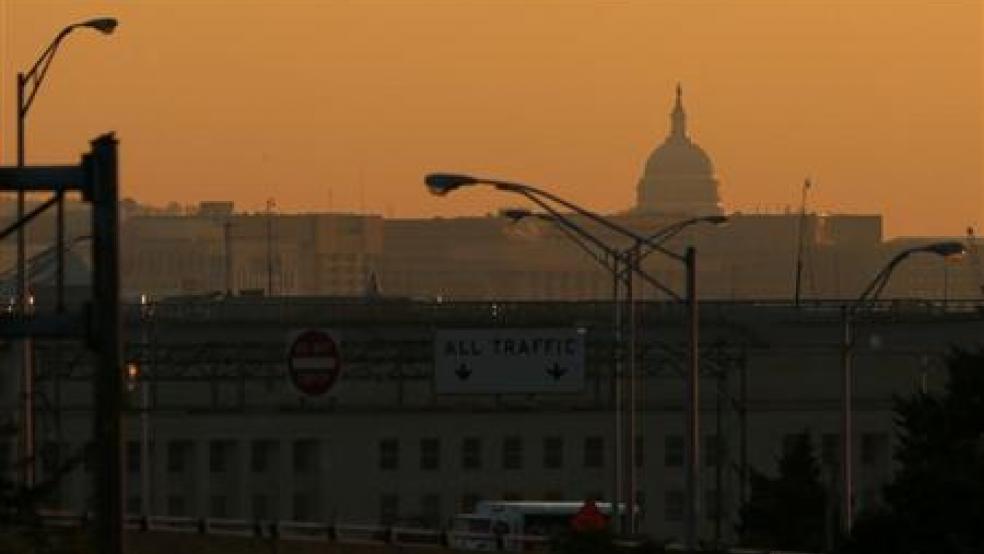WASHINGTON (Reuters) - The Obama administration's plans for the U.S. nuclear weapons complex, including modernization of bombs, delivery systems and laboratories, will cost the country about $355 billion over the next decade, the Congressional Budget Office said on Friday.
That is nearly $150 billion more than administration's $208.5 billion estimate in a report to Congress last year, an analyst at an arms control group said, and since the modernization effort is just beginning, costs are expected to greatly increase after 2023.
The budget office said President Barack Obama had requested $23.1 billion for U.S. nuclear forces in the 2014 fiscal year, including $18 billion to maintain the weapons and supporting laboratories as well as the submarines, bombers and missiles to deliver the weapons.
In the decade to 2013, the administration's plans to modernize and maintain submarines, bombers and missiles will cost about $136 billion, the CBO said in a 25-page report.
Weapons labs, weapons and naval reactors will cost $105 billion, and the United States will spend another $56 billion on command and control systems. Adding expected cost growth of $59 billion raises the total to $355 billion over a decade.
The estimates come as the United States is at the start of what Air Force General Robert Kehler, the head of U.S. Strategic Command, has called a "multi-decade effort to recapitalize our nuclear deterrent force and its supporting infrastructure."
In addition to modernizing 1970s-era weapons, in some case replacing 1960s-model vacuum tubes with current-day electronics, the Pentagon will soon need to replace much of the triad of delivery systems, including a new class of ballistic missile submarines and a new type of long-range bomber.
Obama, who favors eventually eliminating atomic weapons, has endorsed the nuclear modernization effort, saying it is needed to boost the security of the arms and to give U.S. military and political leaders the confidence they need to negotiate further reductions in the nuclear arsenal.
The New START treaty that Obama negotiated with Russia committed the former Cold War rivals to reducing deployed strategic nuclear weapons to 1,550 per side by 2018.
Obama said in a speech in Berlin this summer he believes that figure could be reduced by another third, to between 1,000 and 1,100 and still guarantee U.S. and allied security.
But with the U.S. government facing tight budgets as it attempts to reduce the massive federal deficit, arms control groups and some think tanks question the wisdom of spending hundreds of billions on weapons that are unlikely to be used.
"The impending nuclear modernization tidal wave will force increasingly difficult tradeoffs between nuclear and conventional capabilities," said Kingston Reif, a director at the Center for Arms Control and Non-Proliferation.
He said while it is true U.S. nuclear forces require some modernization, the current size of the U.S. arsenal is a Cold War holdover "that is increasingly irrelevant to today's security threats, costs billions of dollars to maintain and sucks funding from higher priority programs."
The Union of Concerned Scientists said in a report in October that some of administration's plans to modernize the weapons were misguided and violated the spirit of its pledge not to develop new nuclear arms.
The budget office report noted that the United States also spends a substantial sum on other nuclear-related activities, including legacy costs of nuclear arms and spending on threat reduction, arms control and missile defense systems.
Those costs will be an additional $20.8 billion in the 2014 fiscal year that began in October and are estimated to total $215 billion over the decade to 2023, the budget office said.
(Reporting by David Alexander; Editing by Leslie Adler)


